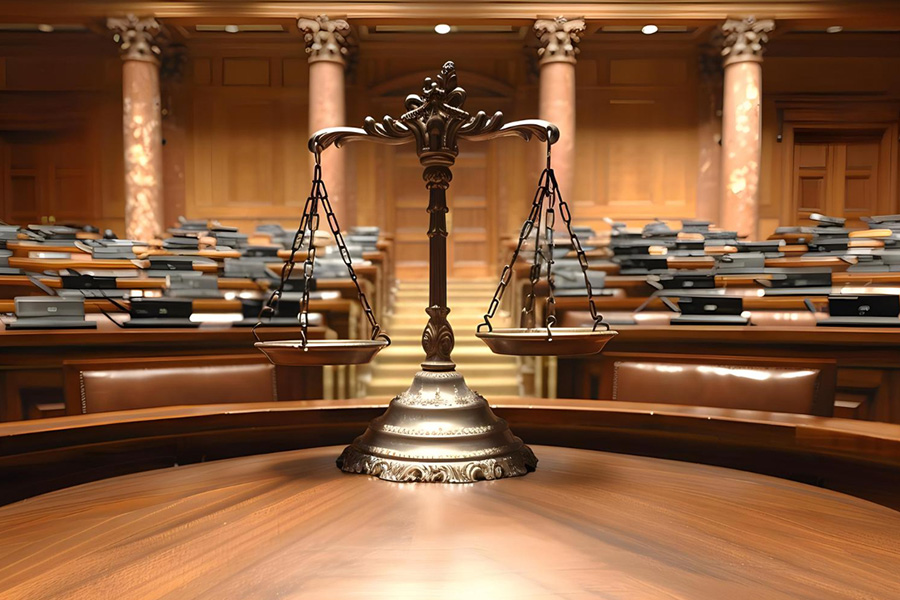
Constitutional courts can inadvertently strengthen illiberalism if they don’t adopt robust conceptions of democracy intertwining democracy and the rule of law.
Author
Max Steuer, Associate Professor, Jindal Global Law School, O.P. Jindal Global University, Sonipat, India; Department of Political Science, Comenius University in Bratislava, Bratislava, Slovakia
Summary
Disputes pertaining to elections and referenda are most visibly associated with the power of the sovereign People, whereas constitutional courts are typically seen as counter-majoritarian institutions. Abuse of elections and referenda by illiberal actors, who present themselves as embodiment of the “will of the People”, accelerates rule of law backsliding. Via engaging with the extent to which constitutional courts help prevent such abuse and thereby reduce pressure on the rule of law, this article shows how constitutional courts might—even inadvertently—strengthen illiberalism if they do not embrace more robust, constitutional conceptions of democracy in which democracy and the rule of law are inherently intertwined.
The article differentiates between minimalist, middle-ranged and maximalist conceptions of democracy and emphasizes the rule of law beyond minimalism. Via an explorative contextual study of the Slovak Constitutional Court (SCC), which has dealt with elections and direct democracy on several occasions since its establishment including during de-democratization in 1994–1998, the article shows the extent to which the SCC, in these cases, framed democracy in tension with the rule of law. The Court managed to link elections as a key democratic institution to the rule of law, but failed to establish this link with referenda. The results demonstrate the judges’ indecisiveness over a conception of democracy that has limited the SCC’s potential to prevent rule of law backsliding via illiberal abuse of the “will of the People”. Furthermore, they indicate the importance of constitutional courts’ thinking explicitly about the rule of law as a democratic principle.
Published in: Zeitschrift fur Vergleichende Politikwissenschaft
To read the full article, please click here.

